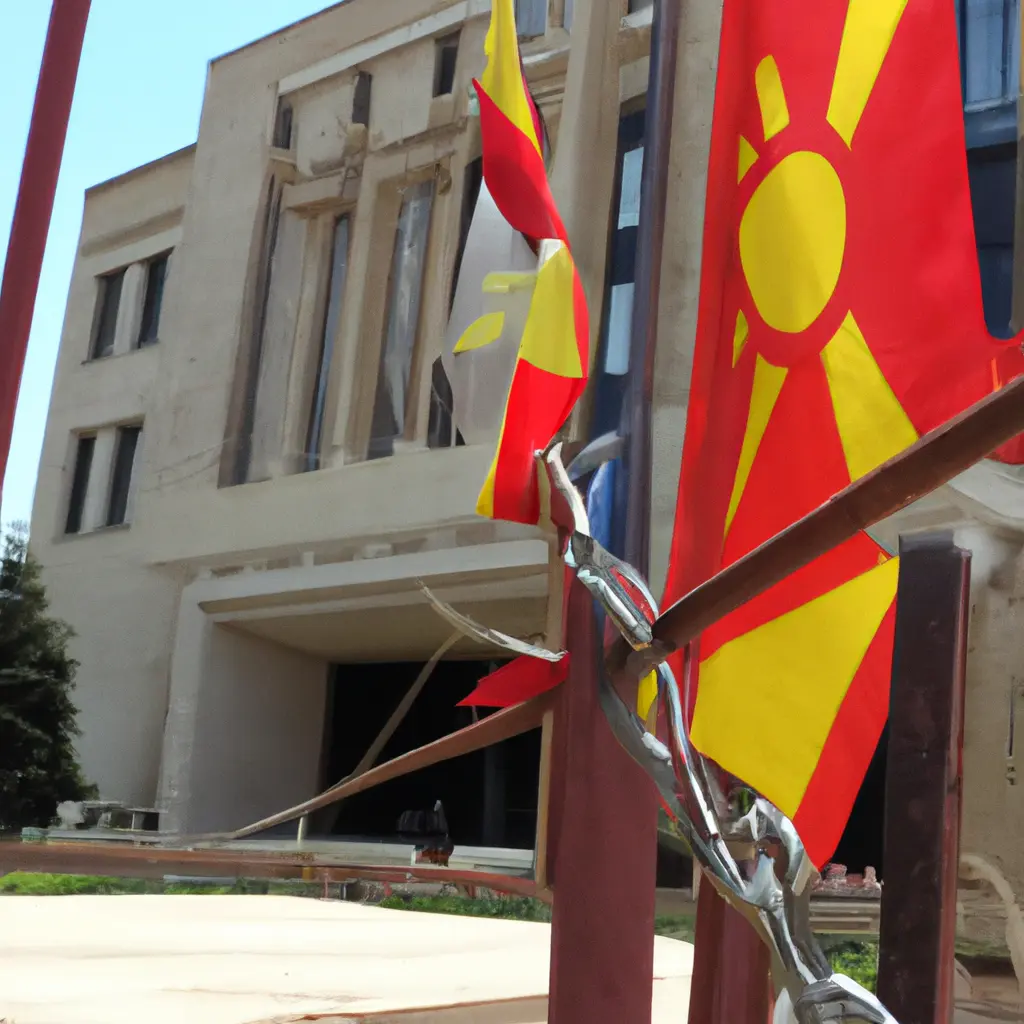Summer in North Macedonia: Nationalist Rhetoric and the European Dream


On August 18, Skopje's parliament began debating a constitutional reform that should pave the way for North Macedonia's accession to the European Union. There are still not enough votes and the parliamentary vote has been postponed.
We have discussed this many times. The path to European integration for North Macedonia is closely linked to the resolution of political conflicts with Bulgaria. Sofia has been demanding for years more recognition and protection of the Bulgarian minority on Macedonian territory, rejecting also many aspects of Macedonian national and linguistic identity (e.g. the public debate around the national hero Goce Delchev).
Hence the "French Proposal" of 2022, prepared in Paris and supported by the EU, which envisages the start of negotiations with Skopje after some constitutional changes in line with Bulgarian demands.
After the proposal was approved by the North Macedonian parliament - the vote was accompanied by protests and public demonstrations, as well as a boycott by the opposition Macedonian conservative VMRO-DPMNE party - the constitutional amendments foreseen by the proposal were recently confirmed by the parliament's constitutional affairs commission and a plenary debate before the vote has been taking place since August 18.
Results of the debate
The recognition of the Bulgarian minority and its rights on Macedonian territory within the constitution requires approval by two-thirds of parliament - 80 deputies out of 120. The current center-left Social Democratic Party of Macedonia (SDSM) government led by Prime Minister Dimitar Kovacevski lacks only a few votes to achieve this, as the opposition is still in a state of fighting.
The nationalist rhetoric of Christian Mitskoski, leader of VMRO-DPMNE, about the possibility of "Bulgarianizing" Macedonian society as a compromise for the integration process, confirmed the deadlock before reforms. The work on the constitution, Mitskoski said, should be accepted by Macedonians, not Albanians, Bulgarians or other minorities in the territory.
The opposition demanded the resignation of ministers from the Democratic Union of Integration (DUI), the main party representing the Albanian minority, ahead of parliamentary discussions. The request was partially granted in late July by Ali Ahmeti, the party leader, who agreed to withdraw his delegation from the government, but only after a vote on constitutional changes.
This decision did not satisfy Miscoski, who believed the resignation should be immediate and irreversible. The opposition sees the constitutional changes as a threat to the country's foundations, which is why it has not only asked the EU for more guarantees confirming "undoubted identity, culture, traditions and the Macedonian language" but also raised the issue of reciprocity.
14 May 2025
14 May 2025




The country's center-left government called the moves unresponsive to the European dream and the opportunities North Macedonia could gain with the approval of the amendments.
There are conflicting signals from Brussels: while European Council President Charles Michel has openly talked about 2030 as a timeframe for new enlargement, the European Commission has said the process has no deadline and candidate countries will join when they are ready.
August: 'hot month' in Northern Macedonia
The deadlock is obvious. The government says Macedonians will not go for early elections, as demanded by VMRO, and has postponed the parliamentary vote to November. In any case, elections are scheduled for next spring, and predictions are that the government could be defeated.
The fact that nationalist rhetoric is prevalent is confirmed by several recent events. Kosovo Prime Minister Albin Kurti's mid-August visit to the Albanian-dominated communes of Cair and Tetovo, carrying Albanian symbols and without Macedonian authorities, sparked a wave of reactions. In response to what was perceived as an Albanian nationalist provocative act, Skopje's Interior Ministry launched criminal prosecutions against the mayors of the two communes visited by Kurti for violations related to the use of state symbols.
A few days later, the "Macedonian summer storm" received a new blow. Serbian Defense Minister Milos Vucevic issued a statement condemning North Macedonia and Montenegro in particular for supporting Kosovo's independence. "You made a mistake and it will befall you," Vucevic bellowed, picking up the example of Ukraine. The accused countries advocate a path of cooperation in relations with states in the region, demanding clarification on what are actually perceived as threats - then softened by Vucevic himself.
The Macedonian public is again being put to the test on issues of identity and nationality, accompanied by a growing sense of loss and frustration, well illustrated in recent years by the phenomenon of emigration.
The parliamentary vote on constitutional amendments is another decisive step towards a "European dream" that never seems to come true.
Photo: BIRN
Comment
Popular Posts
Popular Offers

Subscribe to the newsletter from Hatamatata.com!
Subscribe to the newsletter from Hatamatata.com!
I agree to the processing of personal data and confidentiality rules of Hatamatata










